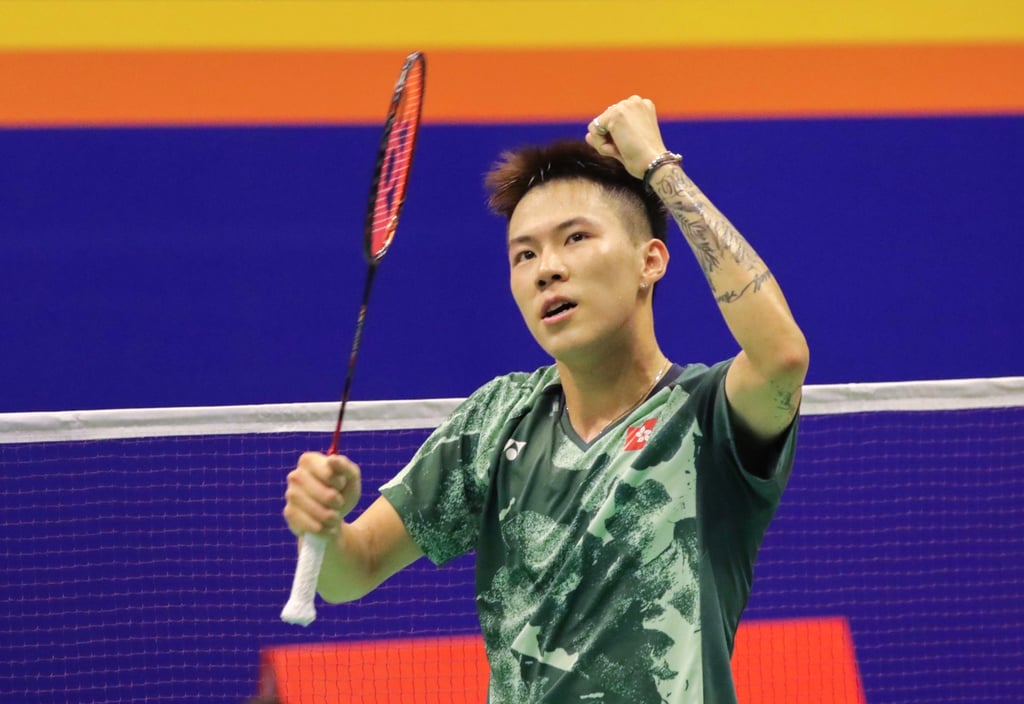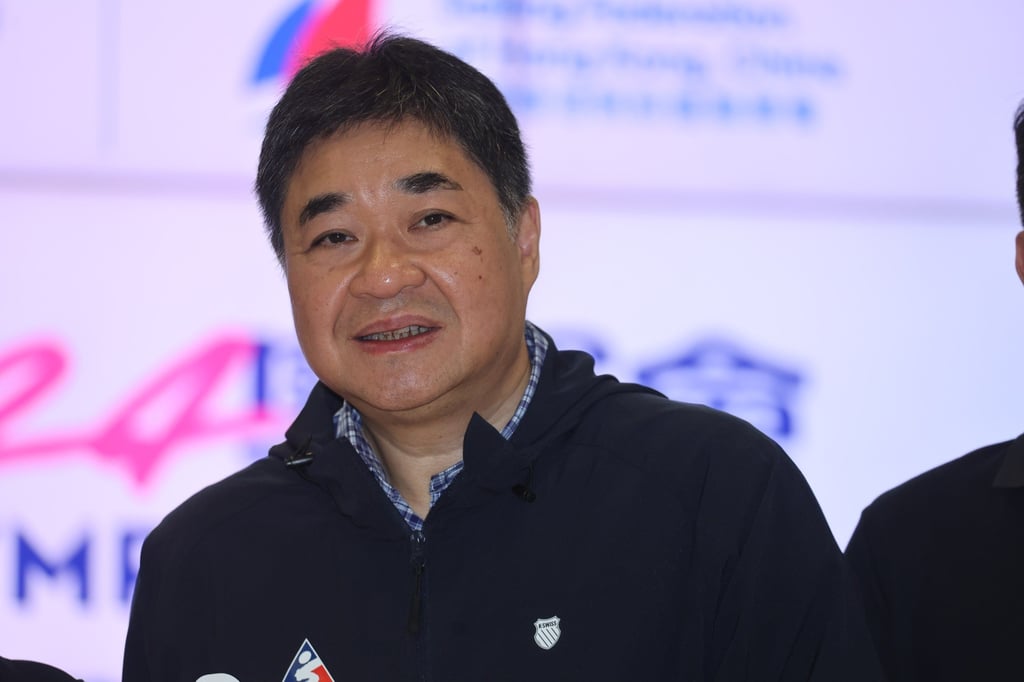“The people will cheer for them and give them applause, providing a driving force for their pursuit … Having sports celebrities can drive the development of the whole industry and we now see a proliferation of fencing schools.”
Choi also brushed aside concerns that athletes could spend too much time on celebrity endorsements instead of training, arguing they would be guided by their coaches on how to manage their time.
HKSI vice-chairman Vincent Cheng Wing-shun agreed with Choi and suggested the government could provide tax exemptions to private institutions that sponsored current or retired athletes’ celebrity endorsements.
He also argued that solely relying on government subsidies would be insufficient for athletes’ development.
“We are very concerned about athletes making a living. They may find it difficult relying only on entry-level government subsidies, so HKSI has been helping them get some commercials that are deemed appropriate,” he said.
“We hope to encourage more commercial institutions to provide support such as funding or investment for athletes apart from the government subsidies.”

Concerns have been raised about how far the current subsidies can support aspiring athletes, with some considering the amounts too low and forcing promising candidates to give up their dreams.
Badminton player Lee Cheuk-yiu was among those who lamented that many athletes had given up because of low levels of financial support.
The 27-year-old said at one point that he only received HK$7,000 (US$898) a month under the government’s entry-level subsidies after quitting school to become a full-time athlete.
“I was 16 years old and HK$7,000 was like pocket money to me. But for athletes who do not have a higher rank, it is their monthly salary.”
He called for the amount to at least be on par with the city’s minimum wage.
Under the Hong Kong Sports Institute’s elite training grant, those who have qualified to compete in the Olympic Games are paid HK$11,520 a month.
The amount increases with rankings and medals in the Games and other competitions, with medallists in world championships and the Olympics receiving a standard grant of up to HK$44,500.

Choi said the institute would review its training grant in September, with a report to be released early next year and new arrangements to be implemented in April as the organisation sought to increase subsidies and adjust its eligibility threshold.
But he defended the government subsidy mechanism, saying it was divided into six levels and the HK$7,000 subsidy was only for the entry-level junior athletes to receive training, with other subsidies covering food, accommodation, medical expenses and school fees.
The subsidies should not be regarded as salaries, he said.
“If they are full-time athletes, we will give them a pathway to get training,” Choi added.
“It’s a fact that the subsidy will not provide a comfortable living for them but we have other supporting measures such as free meals and accommodation and comprehensive support such as tuition fees for studying in universities.”

